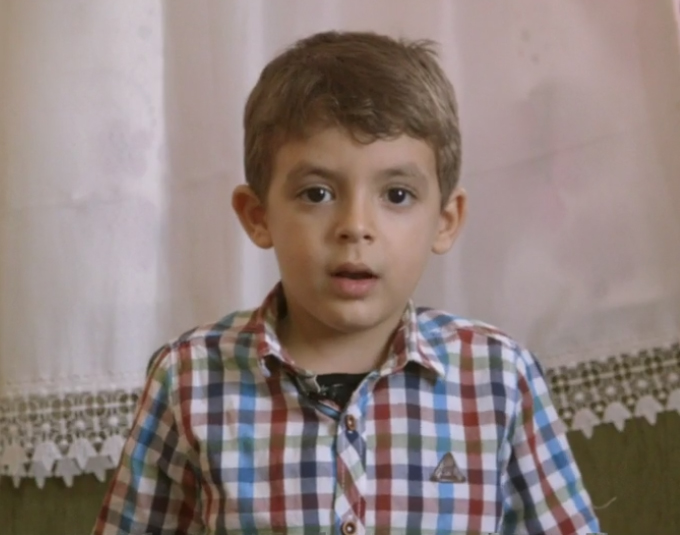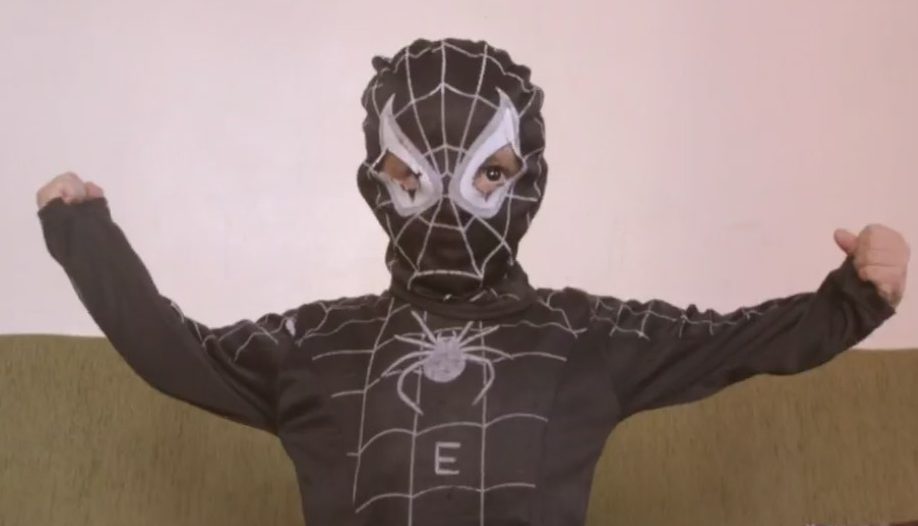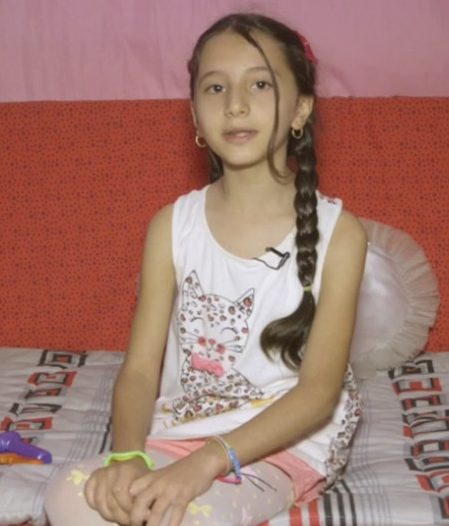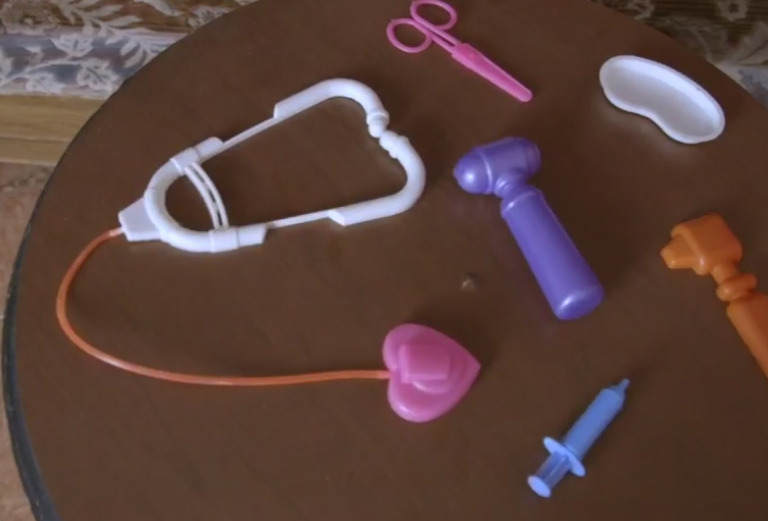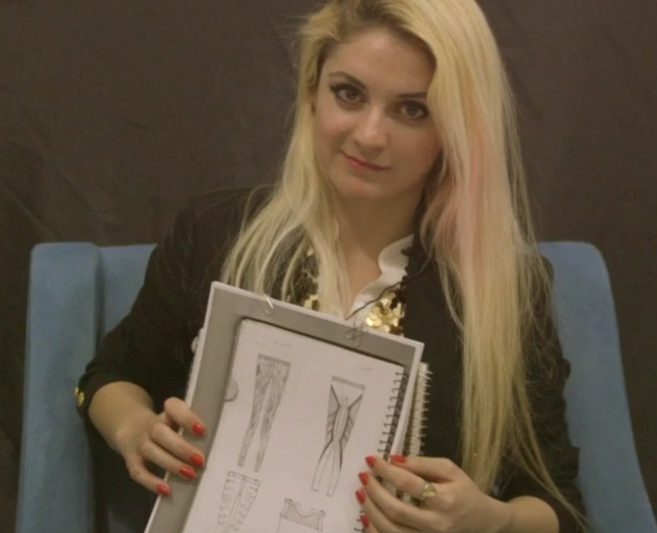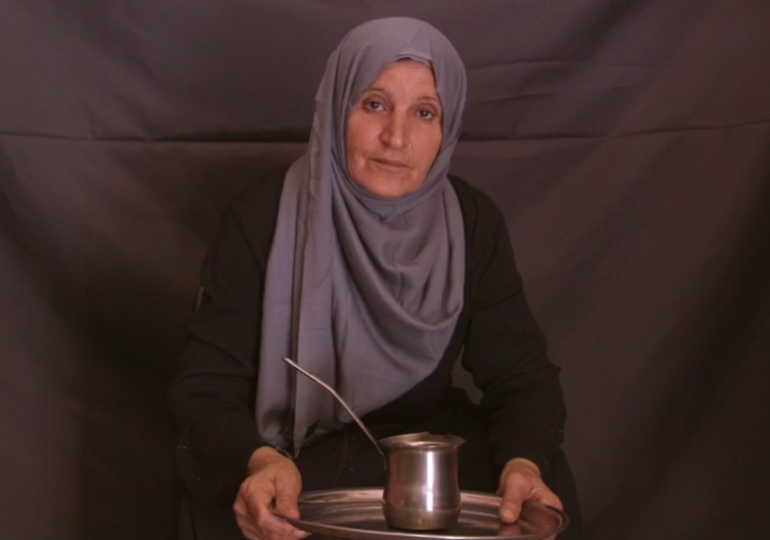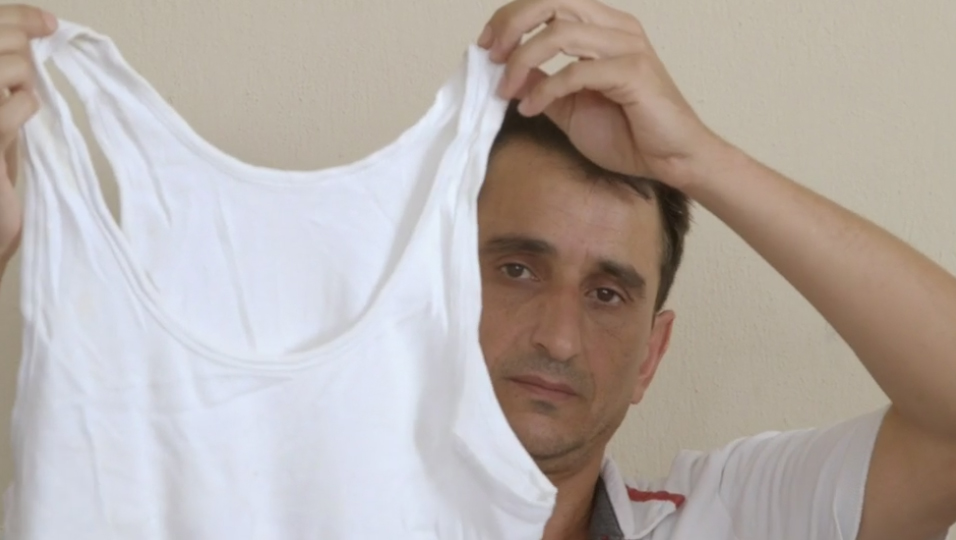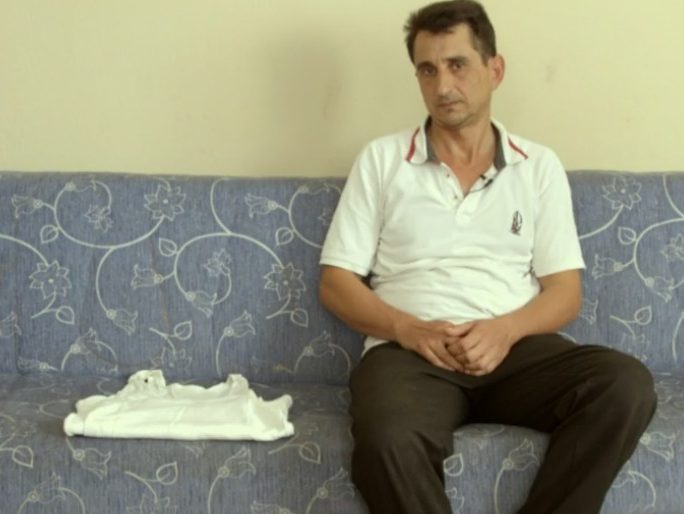Syrians reveal the treasured possessions they grabbed when fleeing the conflict… including a Spiderman costume and fashion books
Over 11 million people have been forced to leave their home since the conflict began in 2010
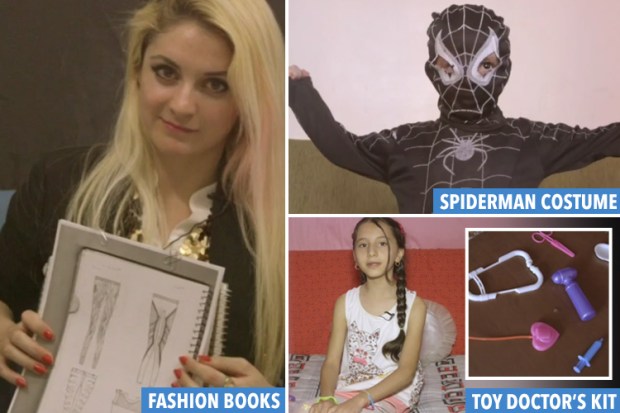
THE war in Syria is almost six years old and has claimed the lives of more than 300,000 people.
The conflict between President Bashar al-Assad’s forces and rebels has forced more than 11 million people from their homes.
Almost half have left the country, with 2.7 million now living in Turkey.
, a charity, has interviewed some of the Syrians about what treasured possessions they grabbed before fleeing the violence.
This is part of their , which is funded through humanitarian aid from the European Union.
Five-year-old Nizar and his parents left their home near Homs two years ago, after it was blown up in an air raid.
Recalling the terrifying time, he told : "The bombs came very fast, they destroyed our house.
“The bombs came and the army came. They shot fire and destroyed all my toys. They didn’t leave a single piece of them.
“When the plane was coming and bombing I was scared. But I was younger then.”
When he and his family ran for their lives, Nizar managed to take along his beloved Spiderman costume.
"I took the Spiderman costume and I put it in the bag, and I left. We all left,” he said.
The youngster says the fancy dress outfit makes him feel “strong”.
Another child whose life has been torn apart by the war is 10-year-old Noor.
She and her family escaped their home in Homs after it was destroyed by an explosion.
The pre-teen managed to grab her toy doctor’s kit but accidentally left a precious plaything behind.
“When I left Syria I took my doctor’s kit. I also had another toy, I loved her very much, her name was Lucy but I couldn’t take her with me as we left the bag she was in by mistake,” she said.
“Lucy was my friend from when I was little. When she got sick I took care of her and gave her medicine.”
Noor was watching television with her mum when a plane came near their house and started bombing. They quickly grabbed their bags and fled to Turkey.
She added: “We were only meant to be in Turkey for three months and go back home but we didn’t go back and it made me cry. I wanted to go back and get Lucy. I was sad.”
Meanwhile, Leila, 22, left her home in Kobani in October 2014.
When her family heard warnings on the radio that Islamic State were about to attack the city, they fled.
She has a passion for fashion and used to design her own clothes.
"I took some of my fashion books. They came to my mind, that I had to save them, because all my ideas are there, which I've had since I was a kid,” she said.
"I had many books, around 20, full of fashion and designs. But I only took a few, and some of my clothes."
Related Stories
Leila, who now works for her family, continues to design in her spare time. She says the books give her mixed emotions.
"When I hold my books I remember how I was painting clothes and designing, and it makes me feel like I go back in time to when I was making those designs,” she said.
"It makes me feel happy and sad at the same time."
Kawther Jahwani used to live in a village in the countryside. She fled her home in 2013, crossing into Turkey with a son and daughter.
But another of her sons is missing, arrested by government soldiers who claimed he was fighting with the Al-Nusra Front, which is opposed to President Assad.
“I don’t know where he is now. I haven’t heard anything about him now for four years. I left for my children. I came to Turkey. It’s been so hard,” she said.
Kawther loves coffee and decided to pack her silver pot before leaving her home.
“I love coffee and my grandfather, my husband and my uncles loved it too,” she said.
“This coffee pot I took everywhere. If I went on a picnic, everywhere, it stayed with me and it stays all the time.
"I like coffee more than food, more than anything. If it’s morning or night I will still drink coffee.”
Zakaria, a former painter and decorator, was forced to leave Syria in the early hours of the morning following airstrikes.
He said: “The bombs would sometimes hit our village, we all got scared. We couldn’t stay.
"One day the shelling in our village came early, about 5am. I was with my family. I took my son and my wife to the basement. We knew we couldn’t stay there, we were terrified.”
Zakaria said the only item he took with him was his late brother’s white vest.
“He died of cancer. It’s his undershirt. I miss him so much. He wasn’t just my brother but my friend. He was everything a friend should be, we would chat about anything and everything," he said.
He says he feels “happy and sad” when he holds the garment: “I feel happy because it’s something from him, sadness because he died. I feel like he’s next to me.”
Zakaria has a young son and he hopes his life is happier than his.
He added: “I hope my children’s future is better than ours. I hope that God sends them nicer days, better than the ones we left.”
The is broadcast on weekdays between 09:00 and 11:00 on BBC Two and the BBC News channel. International viewers can see clips from the


